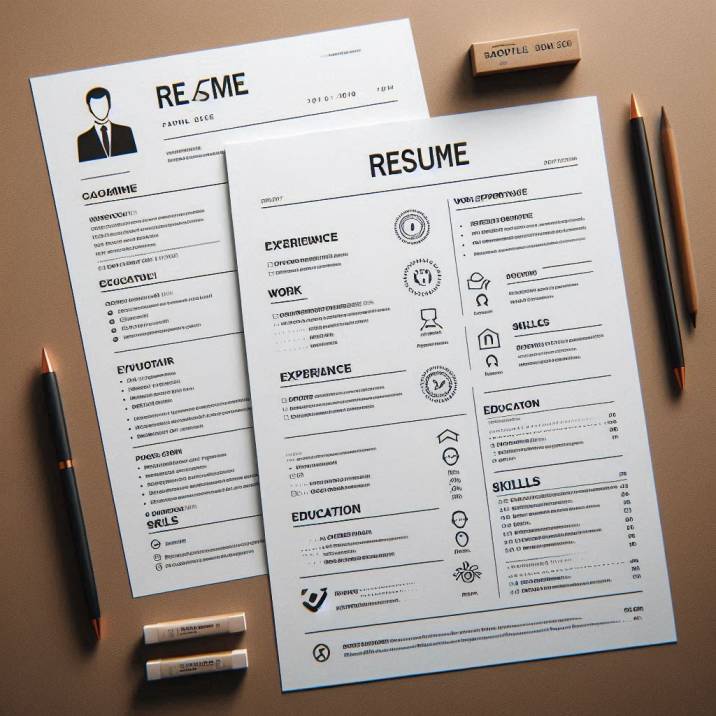Can a Resume Be 2 Pages?

One of the most frequently asked questions by job seekers is whether a resume can be two pages long. The short answer is yes, a resume can be two pages, and in many cases, it’s even recommended. However, whether you should extend your resume to two pages depends on several factors, including your experience level, the industry you’re in, and how effectively you can utilize the extra space. This article will guide you on when and how to use a two-page resume to your advantage.
When Is a Two-Page Resume Appropriate?
While the traditional advice was to keep resumes to one page, this isn’t always practical or beneficial for every candidate. Here are some scenarios where a two-page resume is appropriate:
1. Mid-Level or Senior Professionals
If you have more than 5-7 years of experience, especially in mid-level or senior roles, a two-page resume is often necessary to include all relevant job history, accomplishments, and skills. Attempting to squeeze this information into one page can lead to a cluttered and less readable document.
2. Technical or Specialized Roles
For professionals in technical fields like IT, engineering, or academia, the details of projects, publications, certifications, and technical skills can require more space. A two-page resume allows you to showcase your expertise without omitting key details.
3. Extensive Accomplishments
If you’ve had a significant impact in your previous roles—such as driving revenue growth, leading large teams, or managing complex projects—a two-page resume gives you room to fully highlight these accomplishments, providing evidence of your value to potential employers.
4. Career Changes or Gaps
If you’re changing careers or have gaps in your work history, you might need extra space to explain how your previous experience is relevant to the new role or to provide context for employment gaps.
How to Structure a Two-Page Resume
If you decide that a two-page resume is right for you, it’s important to ensure that both pages are well-organized and that the additional space is used effectively. Here are some tips for structuring a two-page resume:
1. Prioritize the First Page
Make sure the most critical information—such as your professional summary, key skills, and most recent experience—appears on the first page. The first page should give a strong overview of your qualifications, enticing the recruiter to continue reading.
2. Use Consistent Formatting
Maintain a consistent format across both pages, including headers, font sizes, and bullet point styles. This helps create a cohesive document that’s easy to read and visually appealing.
3. Include Your Name and Contact Information on the Second Page
To ensure your resume is properly attributed if the pages are separated, include your name and contact information in the header or footer of the second page.
4. Avoid Filler Content
Only use a second page if you have enough relevant content to justify it. Don’t add unnecessary details or overly detailed descriptions just to fill space. Every line on your resume should add value and support your candidacy.
5. Summarize Early Career Experience
If your resume extends to two pages, consider summarizing early career roles in a brief section or listing them without detailed bullet points. This keeps the focus on your most recent and relevant experience.
When to Stick to One Page
In some cases, a one-page resume may still be preferable:
1. Entry-Level Candidates
If you’re just starting your career or have less than 5 years of experience, a one-page resume is usually sufficient. Focus on relevant internships, education, and early career achievements.
2. Industry Expectations
Certain industries, like creative fields or startups, may prefer more concise resumes. In these cases, a one-page resume can demonstrate your ability to distill information and present it effectively.
Conclusion
A two-page resume can be an excellent choice for professionals with significant experience, specialized skills, or notable accomplishments. It provides the space needed to fully showcase your qualifications without sacrificing readability. However, ensure that every detail included is relevant and adds value to your application. Whether you choose one or two pages, the key is to create a clear, compelling resume that highlights your strengths and positions you as a top candidate for the job.
